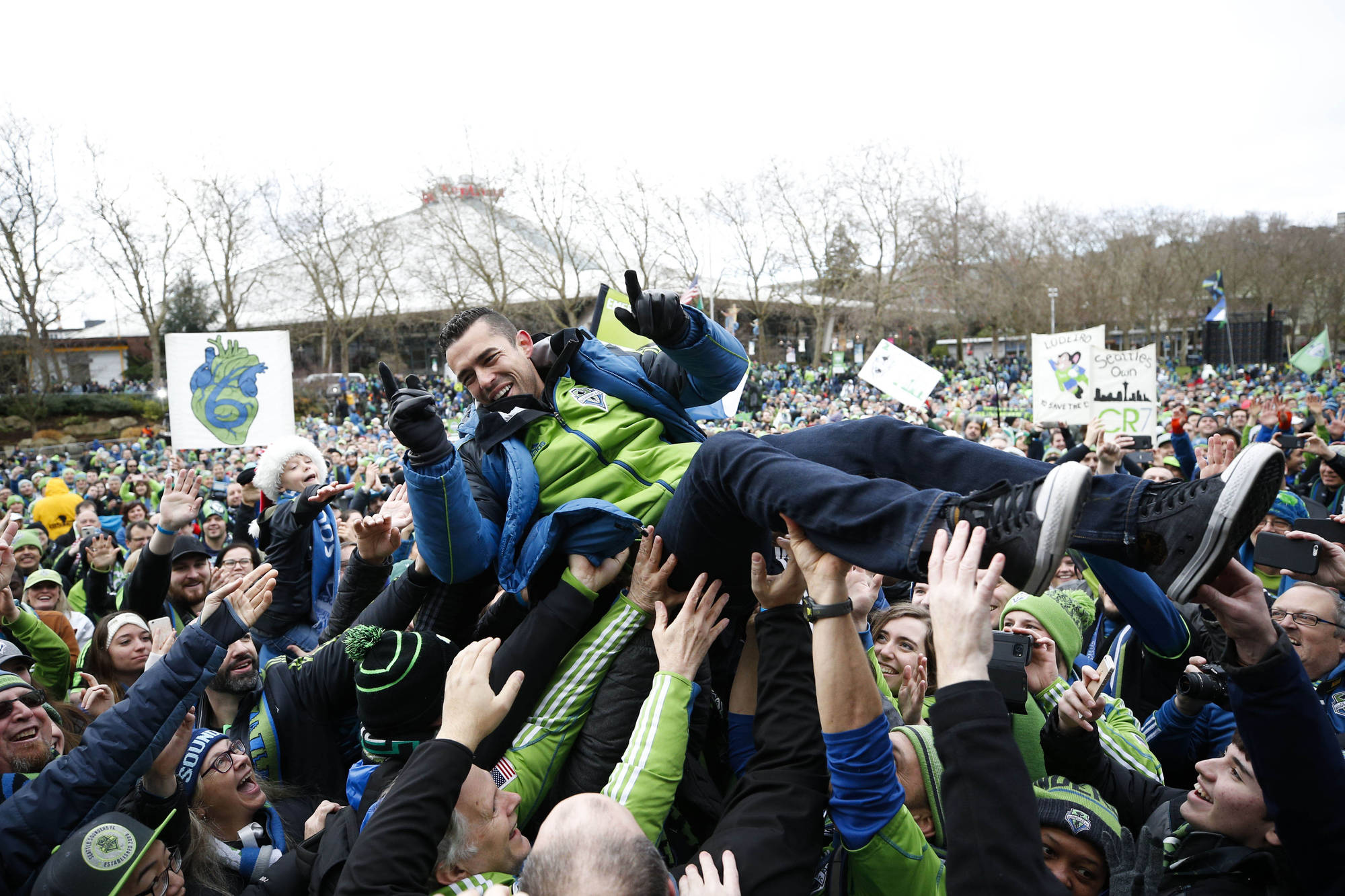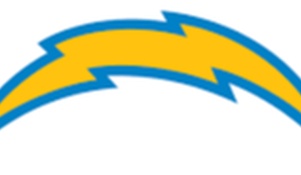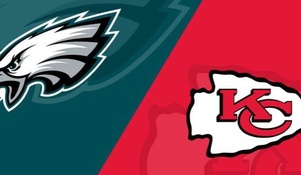Follow Up: The Saga In Seattle Over A Sports Arena

The saga that is the debate over the plans for a potential new arena in Seattle have taken a number of twists and turns over the past few months. I have covered this evolving story for a few years now, and I cannot believe the number of times this situation has changed course over that period of time.
In this follow up piece, the latest news from the Pacific Northwest local news sources will be detailed. The situation is complicated by the emergence of a secondary site and competing proposals for that site. Finally, at the heart of all of this minutia is a very wealthy businessman who seems genuinely committed to bringing Sonics basketball back to Seattle; which at the end of the day is what many area residents desire.
The Seattle arena plan known as the SoDo arena proposal (nicknamed for its southern downtown location) has been the impassioned project spearheaded by wealthy businessman, Chris Hansen, who has spent millions obtaining land and going through the paces with the municipal government. The Hansen group of investors recently announced that Seattle Seahawks quarterback, Russell Wilson, has joined forces with them in their attempt to get the Sonics back to the Emerald City.
Further, the Hansen group also recently amended their original proposal for the new arena so that it will now be fully financed by private investors. There will be no public cost to the taxpayer for the arena. The arena plans to be the destination for both sports and concerts in the city, if approved.
The SoDo arena proposal also announced that they have entered into an agreement with the other major Seattle sports teams: the Seahawks, Mariners, and Sounders to not hold events at the arena at the same time as the events in their respective facilities. That should help ease the concerns of some residents regarding traffic impact in that part of the downtown area.
The SoDo proposal was dealt a significant blow when the City Council voted down a measure the arena developers sought which called for the vacating of part of a street in that area in order to build the arena. Hansen had to essentially go back to the drawing board on the footprint of the building, and has just recently emerged with a recalibrated plan to make that site shovel ready. The arena deal there is contingent upon the NBA either expanding or relocating a team to their market.
The second arena site, which has emerged in recent months, is to renovate or completely rebuild on the old Key Arena – Seattle Center site. This site, as many may recall, was the former home of the Sonics during their stay in Seattle. The current arena has several issues and is not deemed large enough or with having the appropriate level of amenities that other NBA arenas currently feature.
The Key Arena, formerly the Arena at Seattle Center, was built in the 1960s for the World’s Fair, and has been long maligned for inadequate parking and difficult access points. The area also has designated historical landmarks which could greatly hinder the redevelopment effort currently being pushed by the City Council.
The Seattle Center – Key Arena site, which is city owned, has two competing proposals from two prominent sports facilities architects, Ivy Group and AEG. The specifics of each proposal will be revealed in an April 12th meeting and presentation with the Seattle City Council.
The local news sources who have spoken to executives at both Ivy Group and AEG have indicated that each respective proposal will have a design that will accommodate basketball, hockey, and music/concert staging. That may seem simple and straight forward, but it is a huge and potentially costly designation. In my experience covering hockey expansion into Las Vegas, and the Islanders recently with the whole Barclays Center debacle.
In order to have an arena capable of supporting hockey the facility must have the right sight lines, the correct arena floor configuration to manage an NHL regulation ice sheet, and the infrastructure to maintain an NHL quality ice surface which entails excellent climate control systems. It also involves having the appropriate piping and cooling systems for the water to make the ice for the surface.
Those in Seattle close to this situation have had some public discourse about the potential for having two arena facilities. The proposed idea would have the Key Arena renovated into a great music and concert venue, and the SoDo arena would be a dedicated sports venue with some other forms of entertainment to fill dates.
The proponents of this plan point to the success that other cities have had with this type of arrangement, notably with Los Angeles using The Forum in Inglewood as a concert venue and Staples Center as primarily a sports venue. The detractors of the concept point out that the two arenas would be competing with one another for entertainment acts and that could get very sticky.
Furthermore, some residents have floated the idea that Hansen should sign an agreement that he would help work in partnership with sharing musical acts with the Key Arena if that two facility solution materialized.
The Seattle City Council seems to have the intention of permitting just one arena in the city, which to some is short-sighted, and to others is pragmatic. The sentiment among some residents in the reports that I saw brought up another very valid point. In the event that the City Council decides to move ahead with the Key Arena/Seattle Center proposal over the SoDo arena concept, that move might close them off to the NBA.
The NBA has maintained a position where they have not looked favorably on a renovated or new arena on that Seattle Center site because of the access and traffic issues with the site. The bullish commitment to that site and to not building a new facility is why the Sonics relocated out of Seattle in the first place.
The SoDo site is more practical from many standpoints and Hansen has dedicated five years of his life to getting the team back to Seattle, not to mention boat loads of his own cash in the process. His group will build the facility completely with private funds, the proposals from AEG and Ivy Group respectively could in all likelihood contain a public financing component.
In addition, it is worth noting that the Hansen project is very close to being shovel ready, while the Key Arena site would have to go through all the steps of the process and could take several years before they could even begin the construction phase of the project.
The city may want to retain ownership of the arena, but that can also be a headache for a municipal government to undertake. The public appetite for using tax funding for an arena could be very tenuous at best, especially if some have preconceptions about the Key Arena/Seattle Center site and feel it would negatively impact that neighborhood.
The situation is a messy one and it has been very fluid to say the least. It remains to be seen what the City Council decides, but a proposal should be chosen soon. That is then just half the battle, as the city will then need a mechanism with which to get an NBA team, which is going to be a tough sell that presents a whole new set of issues.



